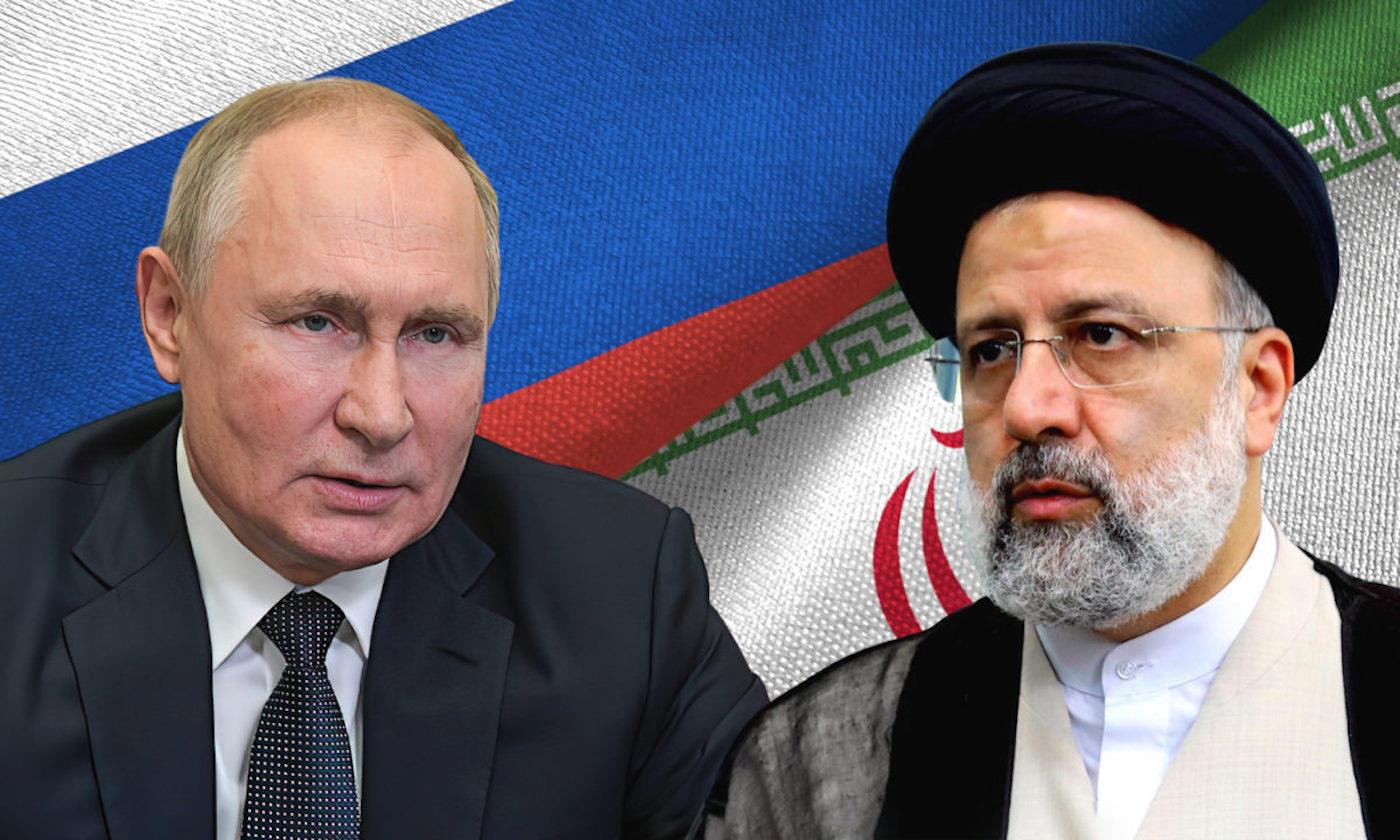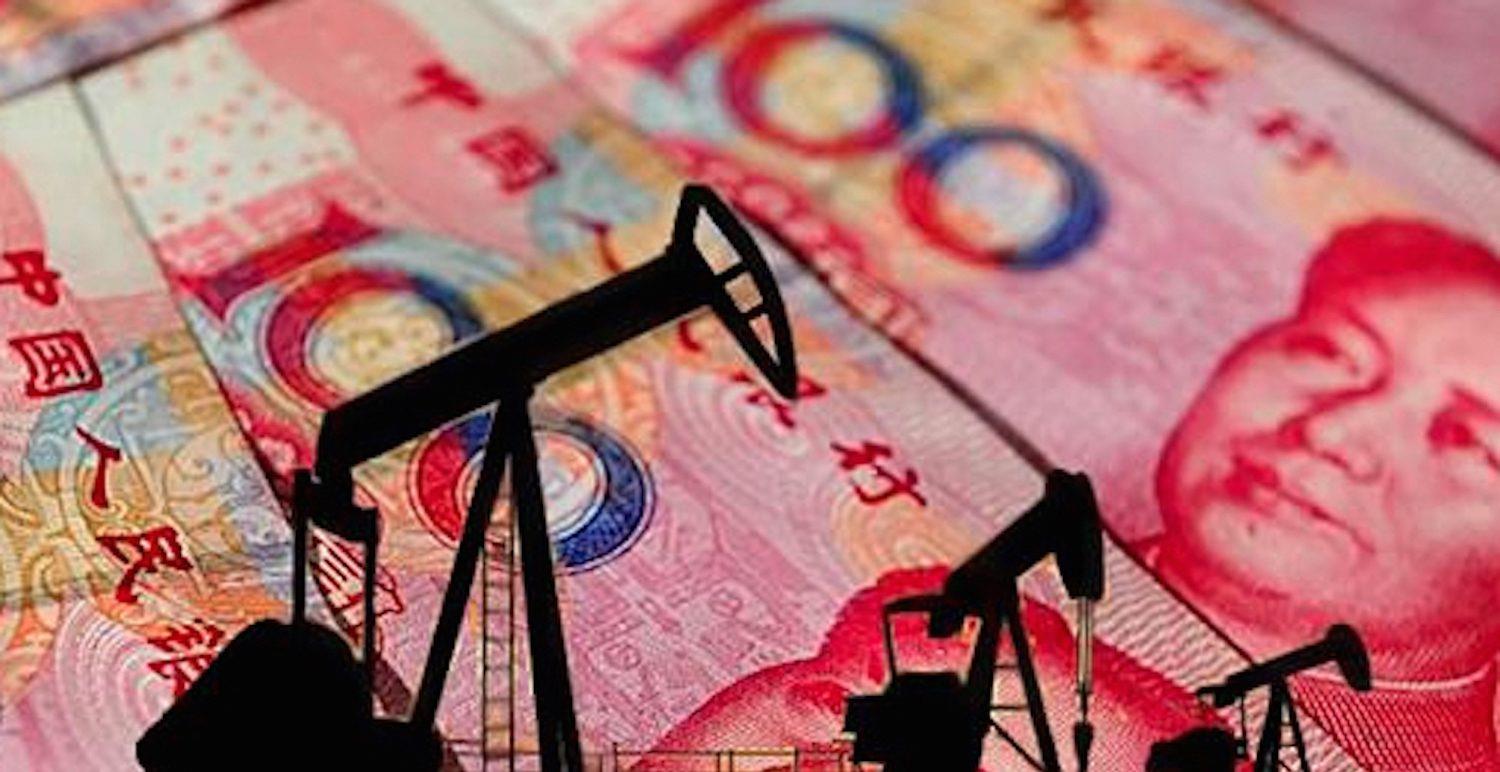(MENAFN- Asia Times)
Some three weeks after the reported meeting of the director of the US Central Intelligence Agency, William Burns, with the crown prince of Saudi Arabia, Mohammed bin Salman, the OPEC+ ministerial held a videoconference on Thursday.
The OPEC+ meet drew satisfaction that“continuing oil-market fundamentals and the consensus on the outlook pointed to a balanced market.”
The press release issued in Vienna says the ministerial“further noted the continuing effects of geopolitical factors and issues related to the ongoing pandemic” and decided that OPEC+ will stick to the monthly production adjustment mechanism agreed in July last year“to adjust upward the monthly overall production by 0.432 million barrels/day for the month of June 2022.”
According to the former publisher of The Wall Street Journal, Karen Elliott House , Burns went to Saudi Arabia for a“mating dance” with Prince Mohammed – namely, the prince must cooperate on a new oil-for-security strategy to“increase production to save European nations from energy shortages.”
Burns' visit to the kingdom took place just ahead of the fifth round of Saudi-Iranian normalization talks in Baghdad between the Saudi intelligence chief and the deputy head of Iran's Supreme National Security Council.
Iraqi Prime Minister Mustafa al-Kadhimi, who was acting as mediator and attended the latest round of talks, told state media,“Our brothers in Saudi Arabia and Iran approach the dialogue with a big responsibility as demanded by the current regional situation. We are convinced that reconciliation is near.”
Nournews, affiliated to Iran's Supreme National Security Council, also reported on April 24 that the fifth round of talks on a possible détente was“constructive” and the negotiators managed“to draw a clearer picture” of how to resume bilateral relations, and,“given the constructive bilateral dialogue so far, there is a possibility of a meeting between the Iranian and Saudi top diplomats in the near future.”
Burns' mission couldn't have been indifferent toward the Saudis' reconciliation track with Tehran. With the outcome of the talks in Vienna on the Joint Comprehensive Plan of Action (JCPOA) uncertain, Iran's close ties with Russia and China remain a major worry for Washington.

Russian President Vladimir Putin and Iranian leader Ebrahim Raisi could draw closer together depending on the outcome of the JCPOA talks. Image: Twitter
And with Tehran's stubborn refusal to trim its regional policies to suit US regional strategies, Washington has fallen back on the default option to resuscitate the anti-Iran front of its regional allies. The US hopes that Saudi Arabia will come on board the Abraham Accords.
Meanwhile, the issue of oil prices has returned to center stage. Indeed, high oil prices mean high income for Russia. Russia's sales of oil and natural gas far exceeded initial forecasts for 2021 as a result of skyrocketing prices, accounting for 36% of the country's total budget. The revenues exceeded initial plans by 51.3%, totaling US$119 billion.
The US administration's best-laid plans to cripple the Russian economy are unraveling. Equally, the high oil price is also a domestic issue for President Joe Biden. Above all, unless Europe finds other oil sources, it will continue buying Russian oil.
However, Prince Mohammed has a different agenda. He is likely to rule Saudi Arabia for many decades – half a century if he lives to 86, his father's age. And the prince has been remarkably successful in creating a“power base.”
His lifestyle changes have been a smashing hit with Saudis 35 and under – 70% of the kingdom's citizens – and his ambition to transform Saudi Arabia into a modern technological leader ignites the imagination of youth.
Clearly, his refusal to punish Russia and his gesture to place the princely amount of $2 billion in a new, untested investment fund started by former US president Donald Trump's son-in-law Jared Kushner speak for themselves. Prince Mohammed would have his own reasons too, starting with Biden's contemptuous reference to Saudi Arabia as a“pariah” state and refusal to deal in person.
The prince hit back recently by declining to take a call from Joe Biden. Besides, the United States' restrictions on arms sales, insufficient response to attacks on Saudi Arabia by Houthi forces, publication of a report into the 2018 murder of Jamal Khashoggi – all these are in play here.
Even if the administration is able to get congressional approval for new security guarantees for Saudi Arabia (which is rather problematic), Prince Mohammad may not be swayed, since at the end of the day high oil prices boost the Saudi budget, too.
The paradox is both Saudi Arabia and Russia are stakeholders in OPEC+, as is evident from the explicit warning to the European Union by Mohammad Barkindo, OPEC's secretary-general, last month that it would be impossible to replace more than 7 million barrels per day of Russian oil and other liquid exports potentially lost because of current or future sanctions or voluntary actions.
In such a torrential stream where crosscurrents are foaming and weltering, what probably unnerves the Biden administration most could be the talk that Chinese President Xi Jinping may be planning to visit Saudi Arabia, amid persistent reports recently that Riyadh and Beijing are in talks to price some of the Gulf nation's oil sales in yuan rather than dollars , which would indeed mark a profound shift for the oil market and help advance China's efforts to persuade more countries and international investors to transact in its currency.

Conceptual image of Chinese yuan and oil wells. Photo: Twitter
The Saudi explanation for the shift to the yuan is that Riyadh could use part of new currency revenues to pay Chinese contractors involved in mega-projects within the kingdom domestically, which would reduce the risks associated with the capital controls Beijing imposes on its currency.
But for Washington, that means certain sensitive Saudi-China transactions in yuan will not appear in the rearview mirror of the SWIFT messaging infrastructure, making transaction monitoring unviable.
There are persistent US reports that with Chinese support, Saudi Arabia may be constructing a new uranium processing facility near Al-Ula to enhance its pursuit of nuclear technology. Saudi Arabia's generous $8 billion in financial support for Pakistan, unveiled this weekend, will almost certainly raise hiccups in Washington .
Saudi Arabia is a central pillar of China's Belt and Road Initiative and ranks in the top three countries for Chinese construction projects, according to the China Global Investment Tracker, run by the American Enterprise Institute. Suffice to say, the CIA chief's call could not have been for a friendly chat with Prince Mohammed.
This article was produced in partnership by Indian Punchline and Globetrotter , which provided it to Asia Times.
M K Bhadrakumar is a former Indian diplomat. Follow him on Twitter @BhadraPunchline
MENAFN08052022000159011032ID1104176306
Legal Disclaimer:
MENAFN provides the information “as is” without warranty of any kind. We do not accept any responsibility or liability for the accuracy, content, images, videos, licenses, completeness, legality, or reliability of the information contained in this article. If you have any complaints or copyright issues related to this article, kindly contact the provider above.